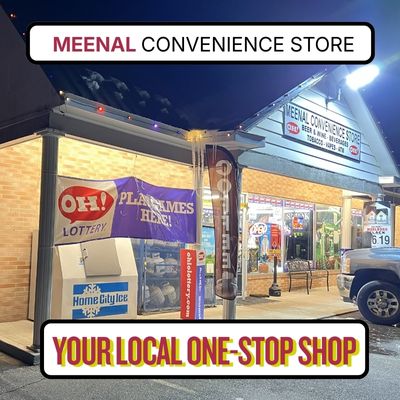Organizing an outdoor festival can be a thrilling yet challenging experience. As an event planner, you must juggle numerous elements to ensure the event’s success. Continue reading to learn about some important factors to consider when planning an outdoor festival.
Choosing the Right Time and Location
The first step in planning an outdoor festival is selecting the ideal time and location. Seasonal factors play a significant role in determining the success of your event. For instance, planning a festival during the rainy season could lead to cancellations and unhappy attendees. Consider local climate patterns and historical weather data when picking a date.
The location is equally important. It needs to be accessible, spacious, and equipped to handle the expected crowd. Pay attention to the venue’s amenities, such as parking, electricity, and water supply. One often overlooked aspect is the availability of portable restrooms. When choosing the right portable restroom for an outdoor festival, you need to ensure there are enough facilities to accommodate your guests comfortably. The right combination of amenities and location can significantly enhance the attendee experience and overall success of the festival.
Budgeting and Financial Planning
A well-thought-out budget is the backbone of any successful event. Start by identifying all potential expenses, from venue rental and permits to marketing and security. Estimates for various aspects of the festival should be as accurate as possible to avoid unexpected financial shortfalls.
Allocate funds for essential components, such as entertainment, vendors, and amenities. Remember to include a contingency fund for unforeseen expenses. Have a clear understanding of your revenue streams, whether through ticket sales, sponsorships, or vendor fees. Keeping a balanced budget ensures that you can deliver a high-quality event without compromising on essential elements.
Permitting and Legal Considerations
Navigating the legal landscape is another critical factor in planning an outdoor festival. Obtaining the necessary permits is essential. These can include permits for occupancy, noise, and food and beverage services. Start this process early, as securing permits can be time-consuming and may require multiple approvals.
Insurance is another legal necessity. It protects you, the attendees, and vendors against various risks. Be thorough in understanding the types of coverage needed, which may range from general liability to more specific event insurance policies. Familiarize yourself with local regulations concerning public gatherings to avoid legal complications and ensure a smooth execution on the event day.
Safety and Emergency Planning
An outdoor festival’s success hinges on the safety and well-being of its attendees. Developing a comprehensive safety plan is vital. This plan should include strategies for crowd management, security, and first aid. Hiring professional security personnel can help manage large crowds and address any issues that arise. Also, having clearly marked exits and a protocol for emergencies can prevent chaos in unexpected situations.
You must strategically place first aid stations throughout the venue, staffed with trained medical personnel. Establishing communication channels between staff and security teams is also crucial for addressing any incidents promptly. Regular safety drills and clear signage can further enhance the preparedness of your team and the overall safety of the festival.
Organizing a large-scale event requires meticulous attention to detail across several critical areas. With these factors to consider when planning an outdoor festival in mind, you can create an unforgettable experience.






















